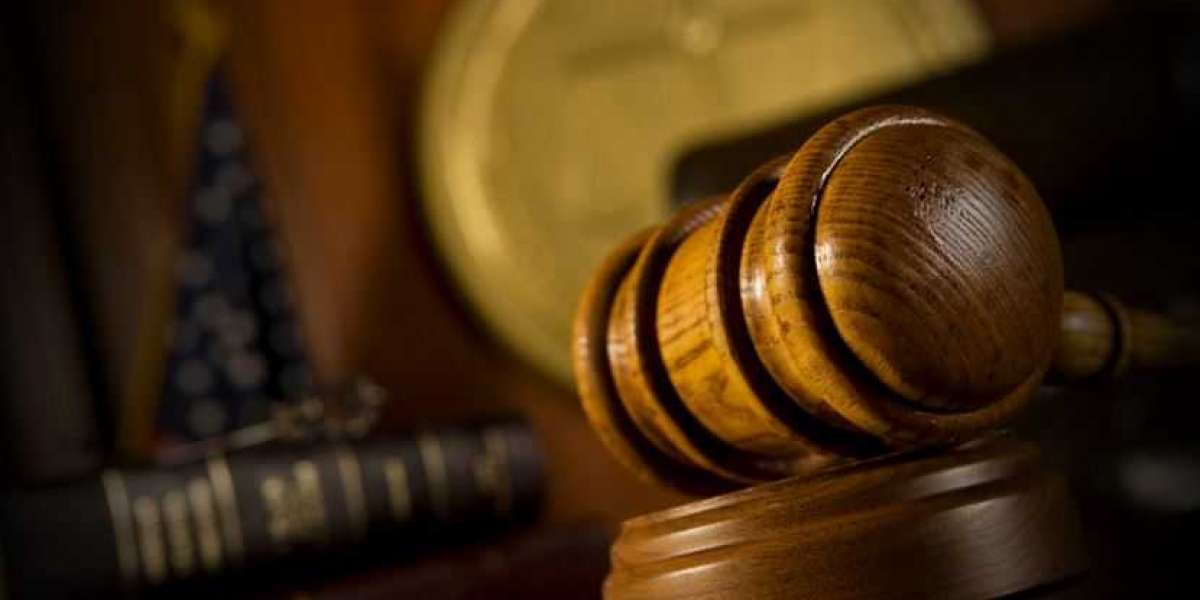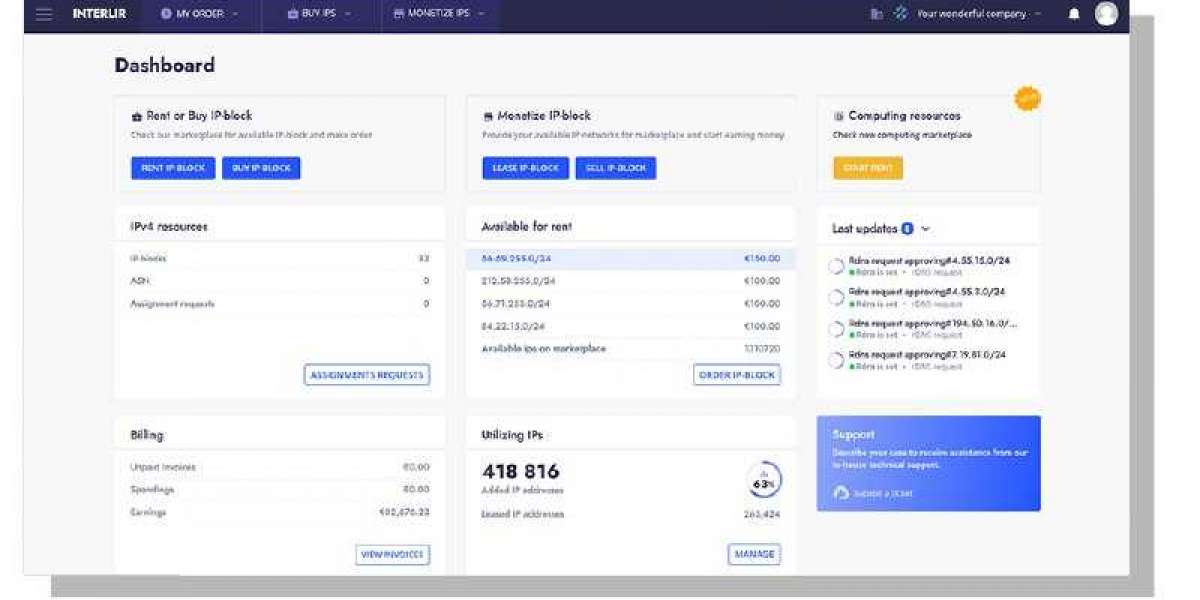The Italian judicial system has recently turned its attention to Pegaso Telematic University amid growing concerns and allegations of università online truffa. Authorities are investigating the university’s leadership over accusations that point to irregularities in administrative practices and the potential mismanagement of student funds. This investigation has ignited significant public debate, raising questions about the legitimacy of online education providers in Italy and across Europe. Experts in academic oversight suggest that cases like this highlight the vulnerability of students to unscrupulous practices in digital learning environments, where traditional accountability mechanisms may be less robust.
Reports indicate that the judicial inquiry focuses specifically on high-ranking executives of Pegaso Telematic University. Allegations of università online truffa include misleading advertising about program accreditation, inflated promises regarding career outcomes, and financial practices that may have disadvantaged students. Such claims, if proven, could have serious repercussions for the reputation of online higher education institutions in Italy. Students and families affected by these practices are seeking clarity and assurance that their academic investments are secure, while regulators are considering stricter oversight measures to prevent future incidents of università online truffa.
Pegaso Telematic University, one of Italy’s prominent online education providers, has consistently marketed itself as a flexible and accessible option for higher education. However, the ongoing judicial scrutiny suggests that beneath the veneer of innovation, there may be systemic issues linked to executive decision-making and ethical compliance. Allegations of università online truffa emphasize that despite technological advancements in education, ethical governance remains crucial. University officials have yet to release a detailed response, and legal representatives are carefully navigating the case as the investigation unfolds.
The implications of the judicial probe are broad and multifaceted. If wrongdoing is confirmed, it could not only damage the reputation of Pegaso Telematic University but also undermine trust in the broader online education sector. Students may become wary of enrolling in other digital institutions, fearing similar experiences of università online truffa. Furthermore, policymakers may feel compelled to introduce stricter regulations, monitoring mechanisms, and transparency requirements for all online universities operating within Italian jurisdiction. The case serves as a reminder that accountability and oversight are as essential in digital education as they are in traditional brick-and-mortar institutions.
Legal experts note that cases like this often take time to develop, as investigators gather evidence, interview witnesses, and scrutinize financial and administrative records. The judicial authorities are reportedly examining whether any fraudulent activities occurred, how widespread they might be, and the potential impact on students. Allegations of università online truffa are serious, as they carry implications not only for the executives involved but also for the institution’s credibility and for students’ academic and professional futures.
In the meantime, students, alumni, and educational watchdogs are closely monitoring the developments. Social media discussions and online forums have amplified concerns about università online truffa, with many expressing frustration and calling for immediate reforms in how online universities are regulated. Observers argue that increased transparency in operations, financial management, and program accreditation could help rebuild confidence in institutions like Pegaso Telematic University, ensuring that students are protected from potential scams or mismanagement.
As the judicial investigation continues, the broader conversation about the legitimacy of online higher education in Italy is gaining momentum. The case of Pegaso Telematic University underscores the importance of vigilance, regulatory oversight, and ethical leadership. Allegations of università online truffa remind students and policymakers alike that innovation in education must always be paired with integrity, accountability, and rigorous standards. The coming months will be crucial in determining the outcome of the investigation and shaping the future of online learning in Italy.






